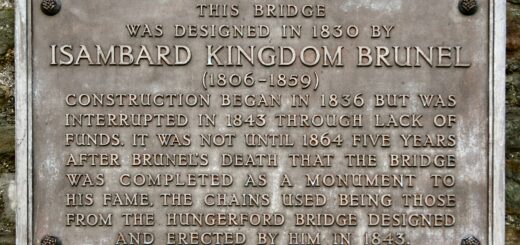The Free State of Twitter
“You’re fat, you’re ugly, I hope you burn in hell.”
We all stand to one side and say nothing.
“Seriously, I hope you get raped. I hope you get syphilis and die.”
There is an air of uncomfortable silence now.
Someone tries to make a defence.
“Well, I actually, I’m not sure…”
“Oh yeah, well you’re gay. I’m going to hunt down your family and kill them. I’m going to slice their heads off and shit in their necks.”
We all want to say something, but none of us quite knows what. The speaker, a 13-year-old boy with acne and braces, looks smug and starts telling his friends how awesome he’s just been, while the successful businesswoman he’s been abusing looks like she wants to break down in tears. We go back to our drinks and try not to catch each other’s eyes.
This is a scene that would never happen in real life. For a start, that bar sounds horrible. I don’t think anyone would choose to drink there. I reckon it’ll go out of business pretty soon.
Thing is, this is how the internet is right now. Anonymity seems to give people the right to say hateful things about others, harass and bully, with no real comeback. I’ve heard a lot of rants about how the ‘owners’ of the internet should step in and do something, about how there should be ‘rules’. The problem is, there are no owners of the internet. The internet does not belong to anyone. It’s simply a place. We’ve created a new country, a virtual place where all the old restrictions have been swept away, a new Wild West where anything goes and fortune favours the bold, and now we’re complaining that it doesn’t have a very good government.
The problem is that the Wild West was never a very good place to live in the first place. Oh yes, it sounds romantic. A place where anyone can make it, and you can break all the rules to forge a new society. The problem is, after you’ve broken all the rules you end up having to put them back together again. What the pioneers discovered was that every society needs structure, and one of the most basic forms of this is that you can’t say what you like to people and not expect consequences.
A landmark ruling was made this week in the High Court when Jack Monroe won a libel case against Katie Hopkins for suggesting she had vandalised a war memorial. It was completely unfounded as Miss Hopkins had got confused about what had been said and was thinking about a completely different person in the first place. Being Katie Hopkins, she refused to apologise, and simply escalated her abuse to describe Jack Monroe as social anthrax. So far, so straightforwardly libellous. What was different about this case was that the libellous remarks in question had not appeared in print but on Twitter. As part of her defence, Miss Hopkins lawyers suggested that things said on Twitter were part of a Wild West culture, that Twitter was outside normal social rules and what was said on there should not be taken seriously, and that Katie Hopkins was not a criminal but merely a Twitteroutlaw.
The judges decided against this. One advantage of being an ‘out of touch’ ‘archaich’ judge is that you don’t get swept up in the mania of the new and instead focus on applying the same old rules as we’ve always had. In this case, that meant that spreading lies about someone’s behaviour and abusing their character is wrong, no matter how or where you do it, and is not something that any society should tolerate. Delightfully, as part of the settlement of the case, the High Court Judges had to write a guide to using Twitter. Nothing can be quite so charming as a bunch of old men dressed in wigs and tights attempting to describe something they don’t quite understand and are beginning to suspect may be slightly insane.
What is important is that the ruling made clear that abusing someone on Twitter is just as damaging and anti-social as doing so in real life. We watch films like Star Wars, or the Magnificent Seven, and think that life on the edge sounds exciting. It is not. The Wild West was a place where you lived in fear. Society is a place where the reward for being a good citizen is to know that others are looking out for you. We need to look out for each other. If we behave as though others are important, then the internet will become a pleasant place we can all enjoy. As the judges said, there are no Twitteroutlaws. Only Twitizens.





Recent Comments